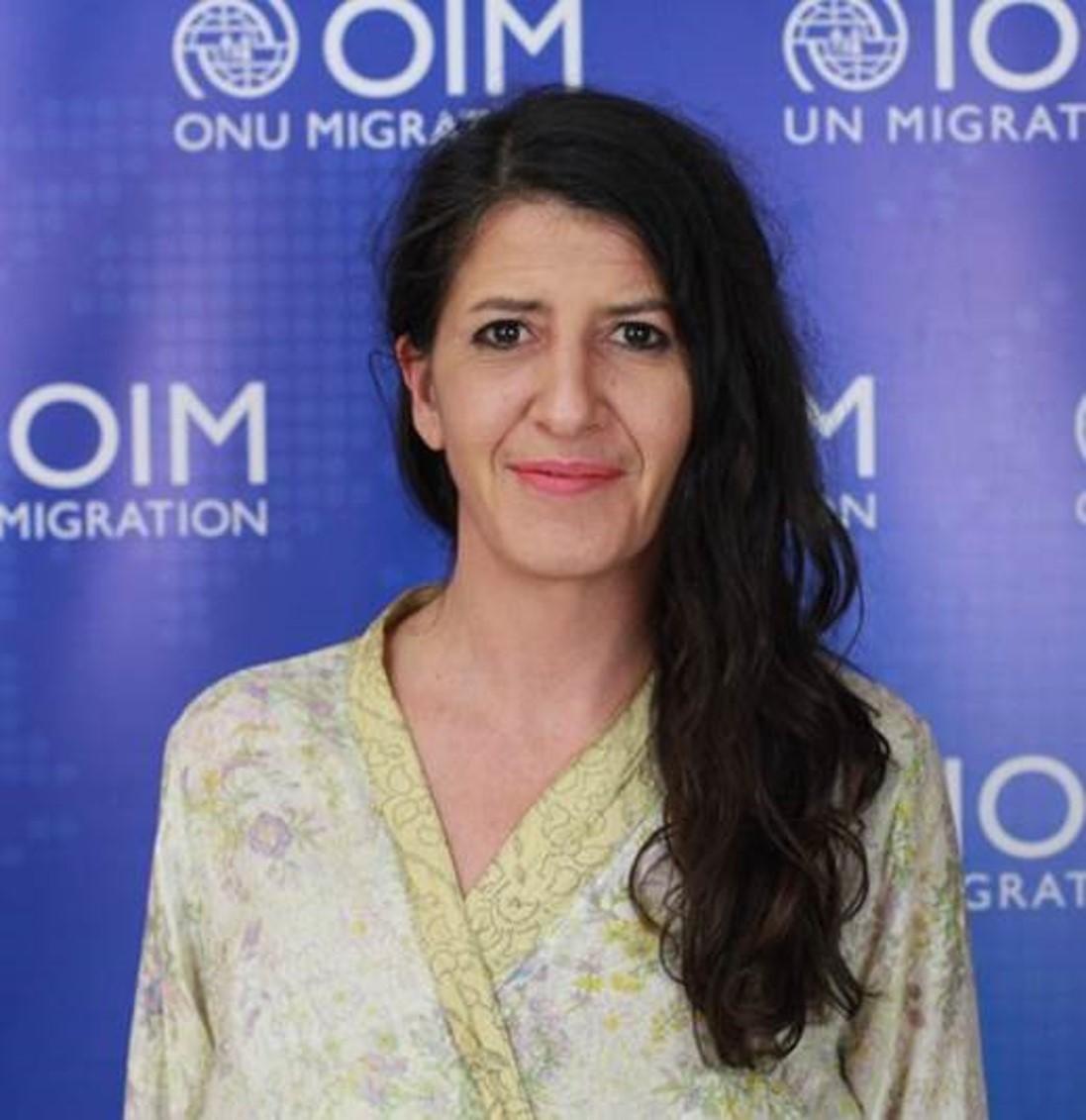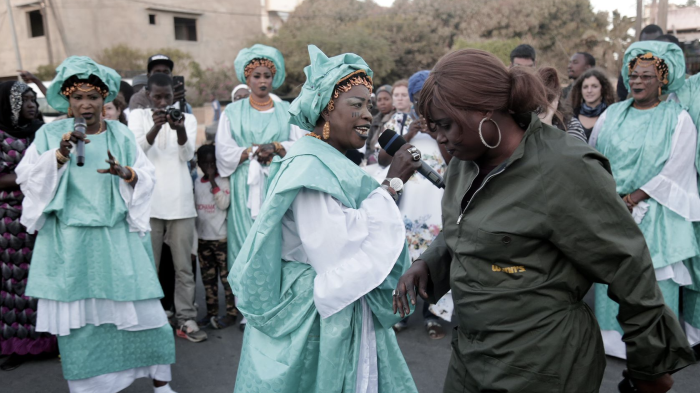
Returning migrants often encounter substantial challenges in reintegrating into their home countries, stemming the complexities of unsuccessful migration attempts and exposure to traumatic experiences. Enter K-par-Cas 2, a groundbreaking tool designed to provide essential Mental Health and Psychosocial Support (MHPSS) for returning migrants. Developed as an innovative card game, this tool offers individuals a safe space to open up about their migration experiences without the need for intrusive questions or judgment.

The story of K-par-Cas 2 begins in 2018 when Médecins Sans Frontières (MSF) recognized the need for tools to facilitate the integration and care of migrants. Olivier Coldefy, a seasoned psychologist, conceived the idea of utilizing the principle of projective testing. The concept was simple but profound: using images to encourage migrants to share their stories. This initiative aimed to demonstrate genuine interest in their history, journey, and culture.
Olivier collaborated with Laure Garancher, an illustrator and co-founder of The Ink Link, an association dedicated to using art for humanitarian and social causes. Together, they began crafting a collection of cards featuring landscapes, silhouettes, and objects, each designed to serve as a catalyst for meaningful conversations.

The toolkit underwent rigorous testing, with the team visiting migrant centers in France to conduct their initial sessions. Participants were asked to identify missing elements in the cards, fostering a participatory approach. As the project progressed, more members of The Ink Link joined the team, conducting tests under diverse conditions. Funding from the Fondation de France made the production of the first version, K-par-Cas, possible.
In 2021, the International Organization for Migration (IOM) recognized the potential of the project and sought to expand its reach. Gaia Quaranta, an IOM Regional MHPSS Officer at the time (now remembered fondly), spearheaded the effort, emphasizing the importance of field testing and collecting migrant stories to celebrate individual journeys. The development of K-par-Cas-2 was made possible with the financial support of the European Union (EU) under the EU-IOM Joint Initiative for Migrant Protection and Reintegration.

The objective of K-par-Cas 2 is clear: promote mental health and psychosocial well-being among returning migrants’ adults, teenagers, and children. This aligns perfectly with IOM's integrated approach to reintegration.
One of the standout features of K-par-Cas 2 kits is their adaptability. These kits cater to various facilitators and participants, accommodating different comfort levels, competencies, and needs. From providing a general overview of oneself to delving into potentially distressing memories, the toolkit respects the unique emotional journeys of each individual.
As Maty, Ismaila, and Fatou have discovered, K-par-Cas 2 is not just a game. “It’s exciting,” Maty expressed, “because it lets us talk and tell our story through the cards.” Through heartfelt conversations and storytelling, they found emotional support, and a renewed sense of belonging.
In a world where migration can be challenging and isolating, K-par-Cas 2 offers a path toward healing and reintegration. It is not just about winning a game; it is about winning back peace of mind and forging connections that transcend borders and hardships.
To understand how the K-par-Cas 2 works, simply click here!



